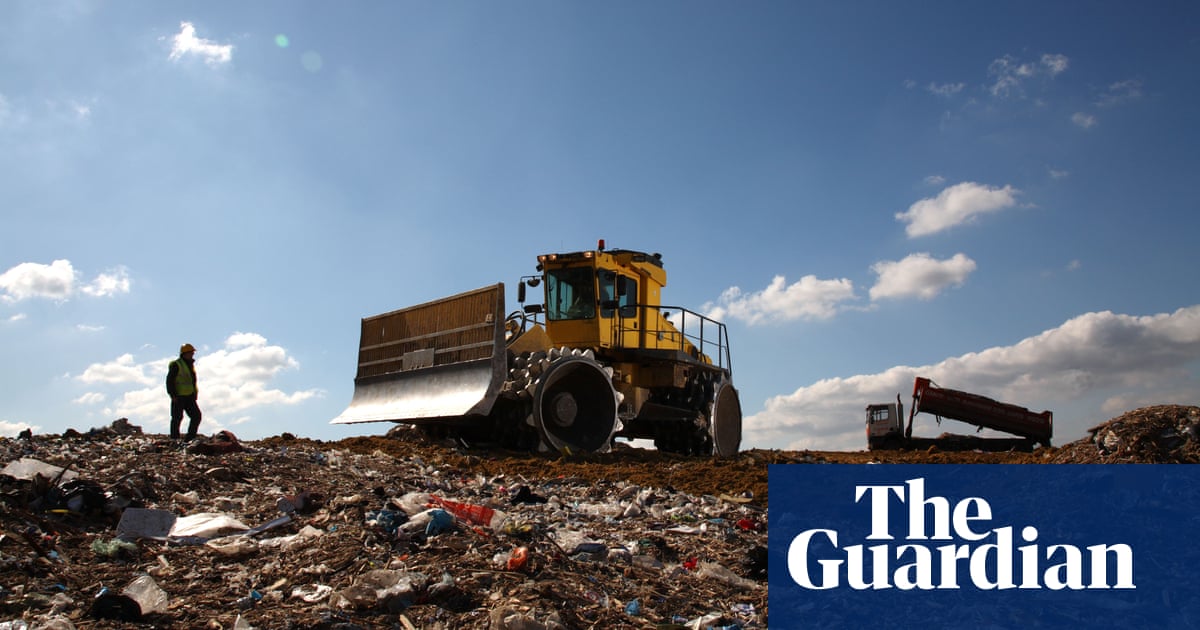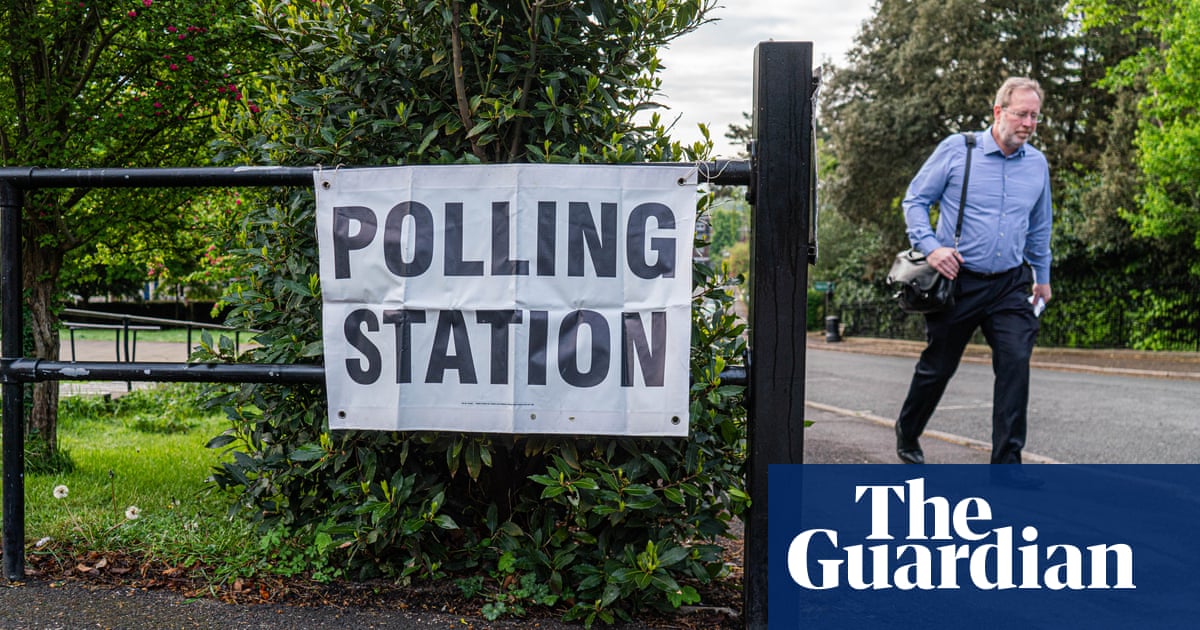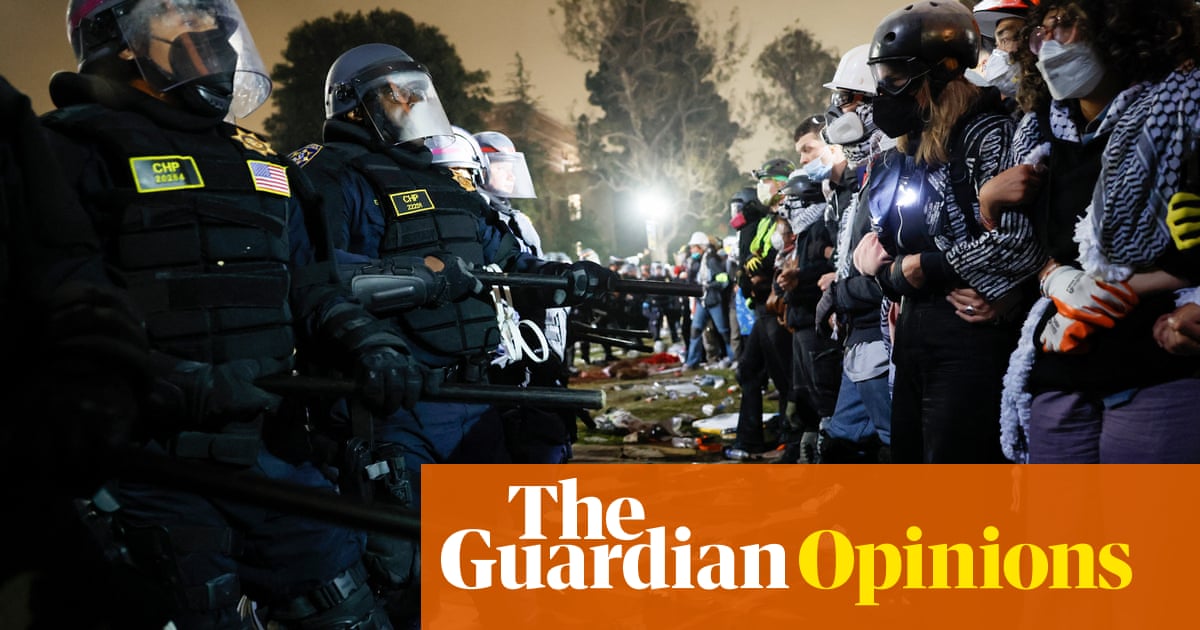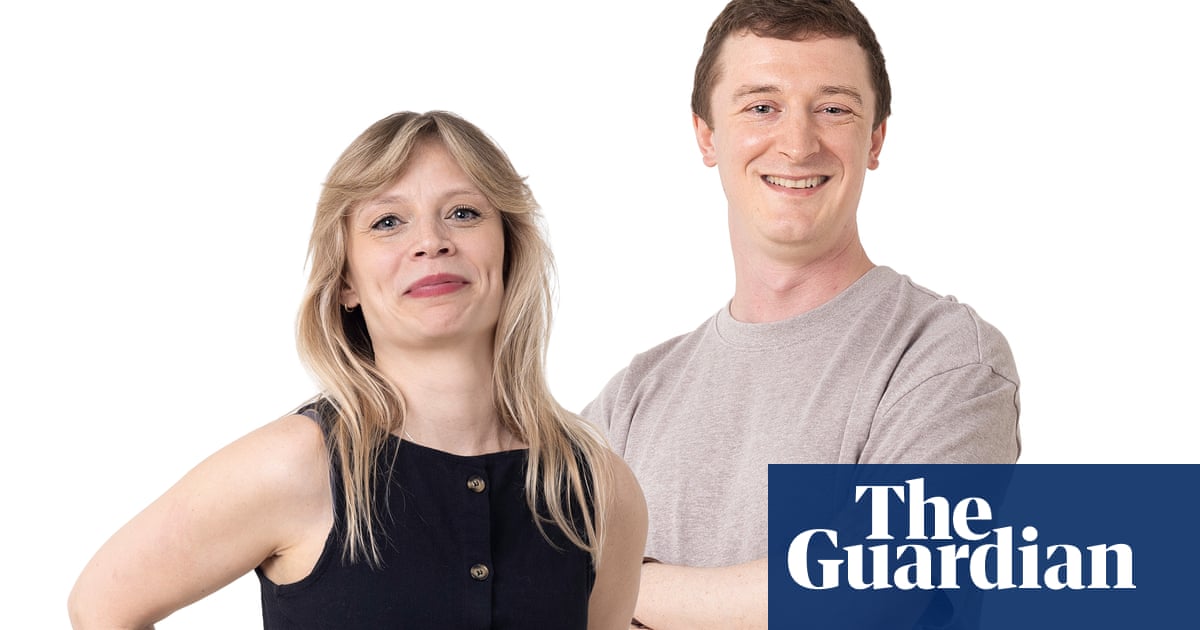Ella* gave birth to her daughter in a London hospital last week. Days later, still in the same busy hospital, she appeared via a laptop in a court hearing, challenging an emergency order from the council, which wants to take her baby into care.
“I’m not eating properly. I can’t sleep because I’m terrified. I just want to go home with my baby,” she told the Observer this weekend. “I don’t feel they are giving me a chance.”
In 2022-23 nearly 3,000 newborn babies were subject to care proceedings in England, according to analysis of government data by the Nuffield Family Justice Observatory (NFJO), shared exclusively with the Observer.
This is an increase of nearly 20% since 2012-13, and experts and lawyers argue that earlier intervention and better support from a range of overstretched and underfunded services would have made it possible for many of these babies to remain with their mothers.
The NFJO and others are worried about the sheer number of these cases, although they do acknowledge that some babies will need to be taken into care to keep them safe, as a result of issues including addiction and domestic violence. Sometimes this will be triggered by a genuinely unexpected emergency, such as a mother having a psychotic episode.
However, in most cases they say there is no need for councils to try to seize a baby in a last-minute legal panic. They want an end to the “inhumane” practice of expecting vulnerable mothers who have only just given birth to defend themselves in court proceedings, sometimes with less than a day’s notice, despite councils having known for months that the baby was on its way.
The Observer has been told examples of women expected to catch public transport to court just after giving birth, in one case with a drip after a caesarean section, and curtains drawn around a bed in a busy ward so mothers can attend the high stakes hearing virtually.
The NFJO has found that 80% of mothers whose newborns were subject to care proceedings in England and Wales received seven days or less notice of a court hearing to remove their new baby in 2022-3. Nearly 20% were served notice of a hearing scheduled to take place that same day.
In Ella’s case her lawyer said the council had concerns many months before she gave birth but nonetheless issued a last-minute notice of emergency legal action while she was in a maternity ward.
Like many of the thousands of women in her position every year, Ella had been in care and has a complex history of trauma. She suffered PTSD after the death of her first child at five months old, which was investigated by the police with a conclusion of no further action.
While pregnant, Ella engaged with the perinatal mental health service and the local substance misuse service. The court was told she tested positive for cannabis during her pregnancy.
Knowing social services would have concerns, she notified Ealing council in June that she was 10 weeks pregnant. In Thursday’s hearing Judge David Willans, a judge at West London family court, noted that this was “unusual” and courts more often dealt with “parents who bury their heads in the sand”.
Yet despite this early interaction, and the string of child protection and legal planning meetings that Ealing held over the coming months about what it saw as a “risk of serious harm” to the baby, Ella’s lawyer, Oliver Conway of law firm Oliver Fisher, told the court that she went into the birth with no clear plan for what would happen afterwards.
She received court documents in hospital two days after giving birth.
Family members who committed to support Ella looking after the baby, and whose details she submitted to Ealing in December, were not contacted by the council or assessed, Conway said.
Describing his client’s experience as “deeply traumatic”, Conway said in a written statement to the court: “The conduct of this LA [local authority] has gone against all best practice. They have acted without transparency, without care and without compassion.”
His statement added: “She has had to give [legal] instructions on intensely private matters from her hospital bed, in ward corridors and kitchens, without any privacy.”
All parties agreed at the hearing that Ella and her baby would be moved to a mother and baby unit, where she will live under strict surveillance, until a further court hearing in February.
A spokesperson for Ealing council said: “Ensuring the safety and wellbeing of children, young people, and vulnerable adults is central to our social work practices, as it will be for everyone across the country working in safeguarding.
“This is a complex live legal case so we cannot respond directly on this at the present time.
“The court has not yet been presented with all the evidence it requires to make a decision. The court will timetable the matter and ensure it has all the relevant facts available to it before making any final determination. The council will continue to present its evidence to the court as part of that process.
“We are very proud of our social care teams, who work extremely hard in very challenging situations to support vulnerable children and families.”
Karen Broadhurst, professor of social work at Lancaster University and an expert on care proceedings at birth, said: “In the north-east it isn’t uncommon for councils to issue proceedings where the mum has to turn up physically at the court straight after giving birth.”
after newsletter promotion
She added: “I’ve been told about a mum with a drip in her arm having had a caesarean section trying to navigate public transport.”
In a recent research paper calling for a “fundamental review” of these urgent care proceedings, Prof Broadhurst interviewed a legal guardian who said: “We are expecting parents to come to court to be their best selves, when they have just left their baby – with immense fear that someone will take the baby away while they are gone.”
Broadhurst said it was common for new mothers facing this to be unaware that they need to find a solicitor. A midwife quoted in the paper described her horror when “a man in a suit” arrived in the ward unannounced. “He just served her, and I watched, and I couldn’t believe what was happening. This woman had only given birth the day before.”
Sonya* found out last year when she was 20 weeks pregnant that her baby might be taken into care. “They didn’t tell me I needed a lawyer until a week before I gave birth and by the time I gave birth I still didn’t have one. I tried lots but they didn’t get back to me,” she told the Observer.
Her midwife found a lawyer, who persuaded the judge that Sonya should be placed temporarily in a mother and baby unit. She is now living alone successfully with her baby.
Sonya, who grew up in care, said: “It’s been hard. Everyone has this impression of you from what they’ve seen written down. But it’s going well now. I’m just so happy me and him got to stay together.”
Many others are less fortunate. Lisa Harker, director of the NFJO, said: “We have had excruciating testimony from mums who gave birth and were sent home to a house full of baby things alone.
“This happens and everyone collectively looks away. There is a process around looking after you if your child is stillborn. But nothing exists for mothers who lose their baby in this way.”
Kaat de Backer, who is researching the impact of child removal at King’s College London after working as a specialist midwife, recalled: “The first time I witnessed a mum being physically removed from her child I found it really distressing.
“You need training to deal with this. I didn’t know how to support this mum in her grief and loss.”
In a recent research paper for the European Journal of Midwifery, De Backer argued that these mothers had usually experienced considerable trauma in their lives, and losing their baby often triggered an “acute crisis”.
She found one third of women ended up back in court within two years, frequently because they have had another baby as a way of coping, and then that child was also being taken into care.
Harker said: “Mums, midwives, solicitors, barristers and judges are all telling us the way we do this is inhumane. It is no way to provide justice. Everyone agrees, but it still keeps happening.”
A spokesperson for the Department for Education said: “We are committed to helping families stay together, wherever it is safe to do so, which is why we are reforming the system to focus on earlier intervention and ensure family networks are always consulted on decisions to move a child into care.”
* Names have been changed.

.png) 2 months ago
47
2 months ago
47













































